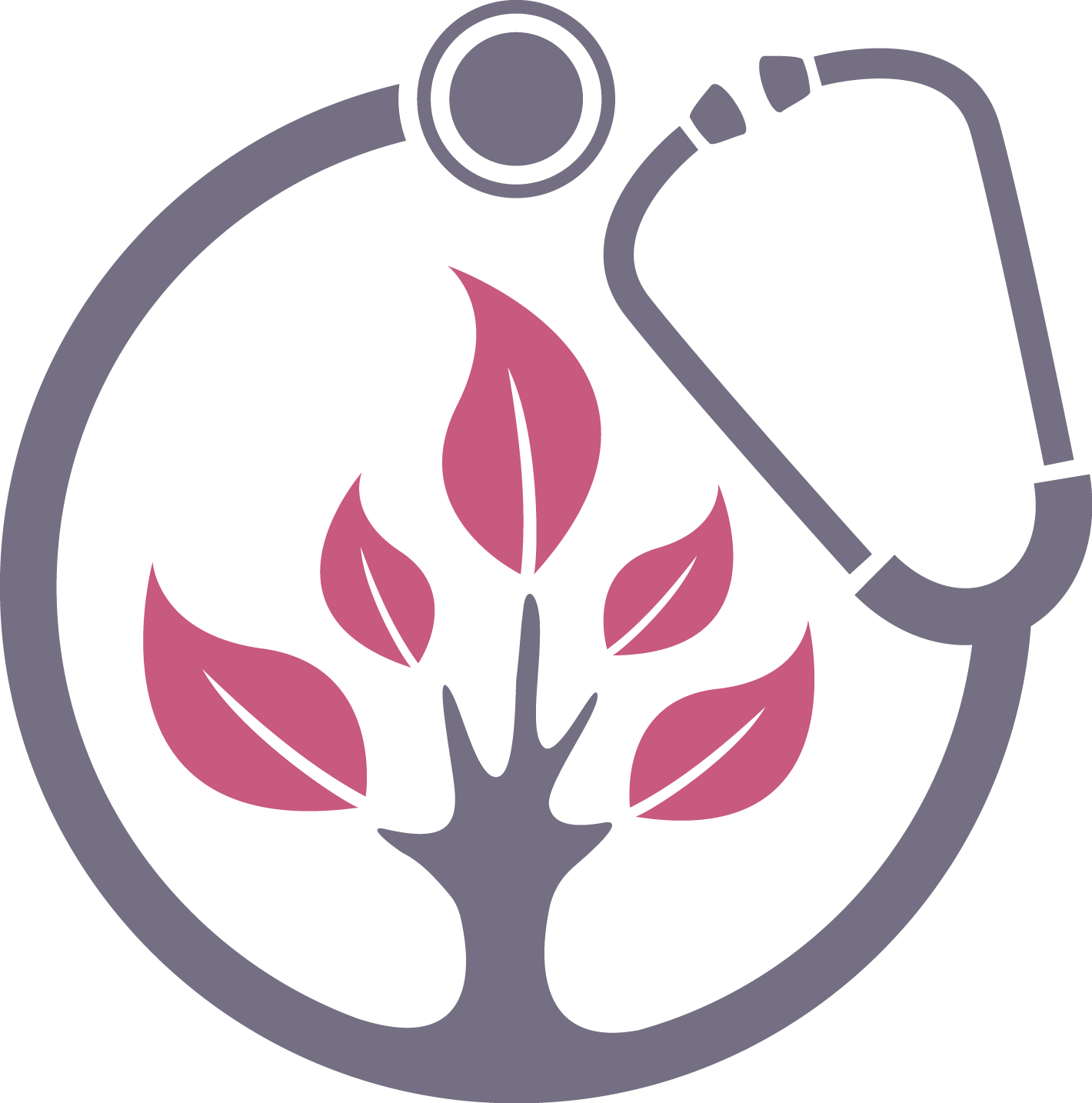Egg Quality & Your Chances of Conceiving
Each month, women who have a menstrual cycle will ovulate. This process happens around mid-cycle (not always exactly mid-cycle, but that is a conversation for another blog post). We are born with a set number of “eggs” (or ovums) that are kept in a state of cellular division until they mature and are released. This is the process of ovulation. This process needs to happen to achieve fertilization (ie. when sperm meets egg), but it also needs to happen in order for the ovaries to produce progesterone to support a healthy pregnancy.
If the egg is fertilized, it is expected that it will most likely result in a pregnancy. There is another important component of fertilization though that plays a role in whether or not pregnancy will happen. That component is “egg quality”. The term “egg quality” refers to the capacity of the egg to develop into a healthy embryo. The formation of an embryo requires the proper chromosomes, the right number of chromosomes and also the ability of the egg to continue it’s cellular division once it has fertilized. This cellular division requires energy, which is generated by tiny organelles in the called known as the mitochondria. . This requires energy, energy generated by tiny organelles in the cell called mitochondria.
Egg quality starts to decline with age, which is often what contributes to age-related infertility, recurrent miscarriages and failed IVF cycles.
Poor egg quality can also impact pregnancy in several ways. It can effect whether or not the egg has the ability to develop into an embryo, it can impact implantation, and it can determine if the embryo can survive the entire length of the pregnancy once it has implanted.
Improving the quality of the egg that is being fertilized is an important aspect of your fertility treatment, just like ensuring that fertilization occurs and ovulation happens.
There are multiple Naturopathic therapies that can help to target egg quality. There are dietary strategies, certain supplements and lifestyle factors that can positively impact the quality of the egg.
Supplements: When looking at proper supplementation for egg quality, supporting mitochondrial function is at the top of the list. Ensuring proper energy production and mitochondrial function of the egg with support the necessary cellular division needed to transform from an oocyte to a fetus. Some supplements that might be appropriate would be melatonin or CoQ10, which have been shown to improve egg quality, fertilization rates and pregnancy rates.
Endocrine disrupting chemicals (EDCs): Endocrine disruptors are substances that interfere with our bodies natural hormonal processes. One of the most common EDCs is BPA. BPA can harm developing eggs, which can compromise the success rates of assisted reproductive treatments (like IVF). Phthalates are another EDC, and they decrease estrogen produced in the follicles which can alter egg development and maturation.
Optimizing Diet. There is research to support the impact of diet on ovulation as well as IVF success rates. From the research we know that an ultimately health diet decrease ovulatory infertility and improves pregnancy rates, and IVF success rates. Managing and stabilizing blood sugar levels play a role in proper hormone regulation. Increasing the consumption of vegetables, fruits, complex carbohydrates, and healthy fats all seem to correlate with improved pregnancy rates. Another swap that seems to improve ovulatory infertility is increasing plant based protein in the diet. Choosing full fat dairy as opposed to low fat dairy has also been linked to increase rates of pregnancy.
Next Steps: These treatments are just a few pieces of the infertility puzzle. There are other components to look at when adding Naturopathic treatments to your treatment plan, so it’s important to talk to your ND about which options are right for you!



